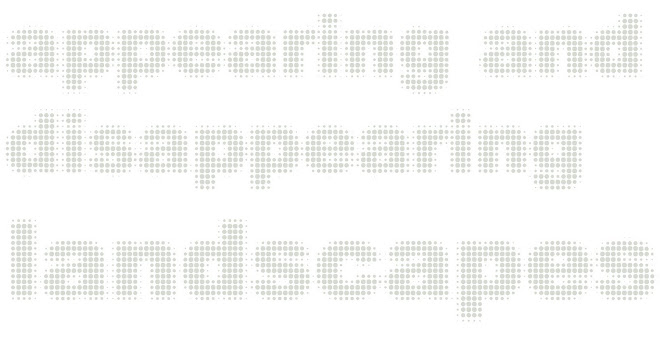Up from the low, sandy beach there stretches a poor, greyish land, with heather-brown hills and pale moors, strewn with mighty boulders, treeless and bare, barred towards the east by a long row of low ridges. Endless the naked heath seems to be. But here and there it is enlivened by the blue of a solitary tarn growing over with weeds, or by a great, still lake. Here the wind is soughing by day and by night. And the grey mist hangs low over the moor, where the hare flees from boulder to boulder, and all sorts of brown and speckled wild fowl lie in their hidden nests, winking and dozing.
(...)
Here and there on the hills and the slopes low houses huddle together, as if seeking shelter. In the misty air they half disappear as if by a spell, or wrap themselves in peat smoke and sea fog as in a dream; closed and still they lie along the waste like elfish abodes. Around the houses you may discern pale green patches of meadow and cornfield like islets in the vast heat; every bit and corner is enclosed and girdled with long dykes of stone.
In such homes do the people live.
They are a strong, heavy people, working their way through life by pondering and labour, delving the earth and searching the Scriptures, tormenting the sand until it yields grain and their dreams until they yield hope, putting their faith in the penny and their trust in God.
(Opening chapter of Arne Garborg, fred (peace) 1892)
download the full text from Gisle Løkken.


No comments:
Post a Comment